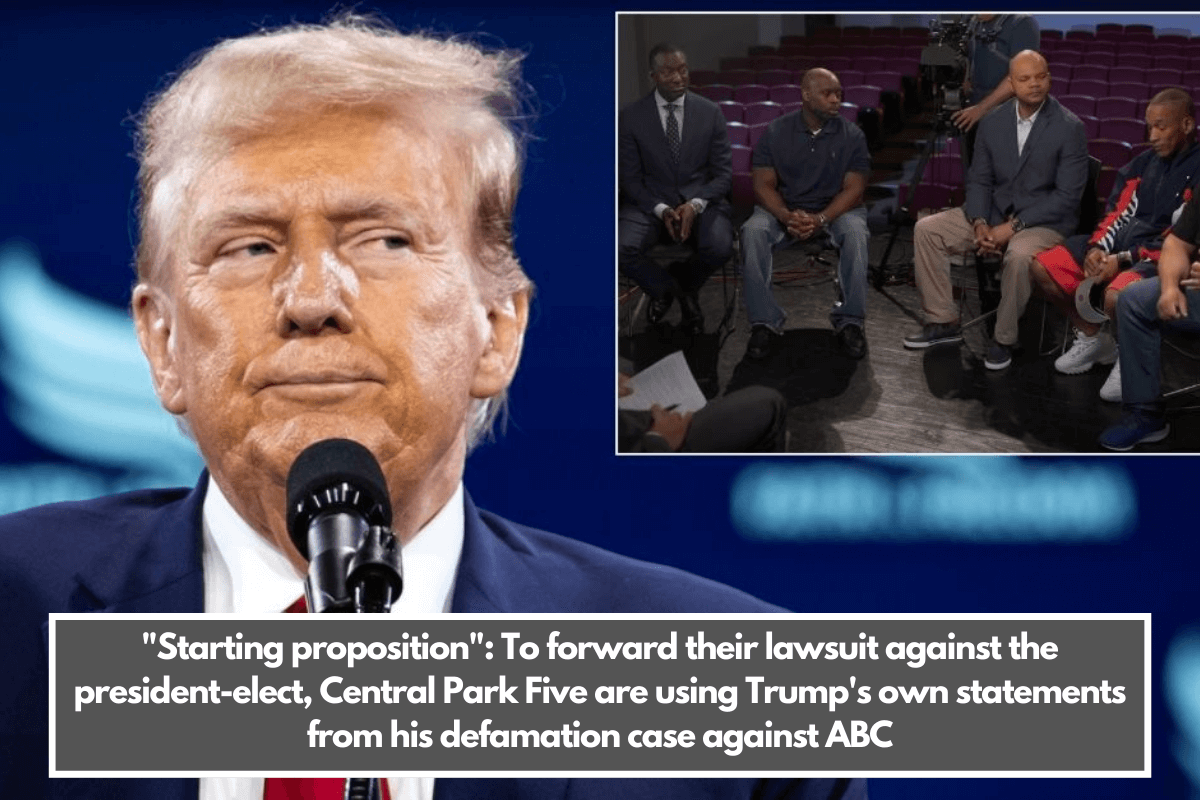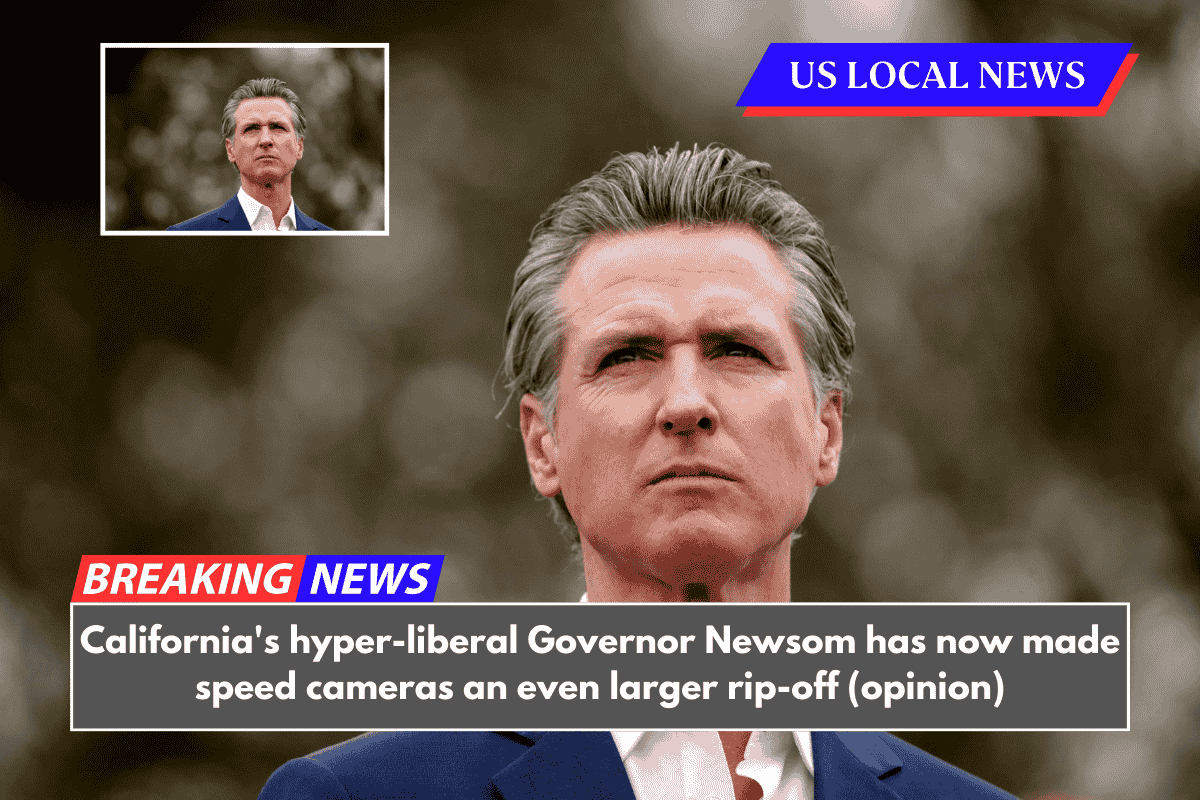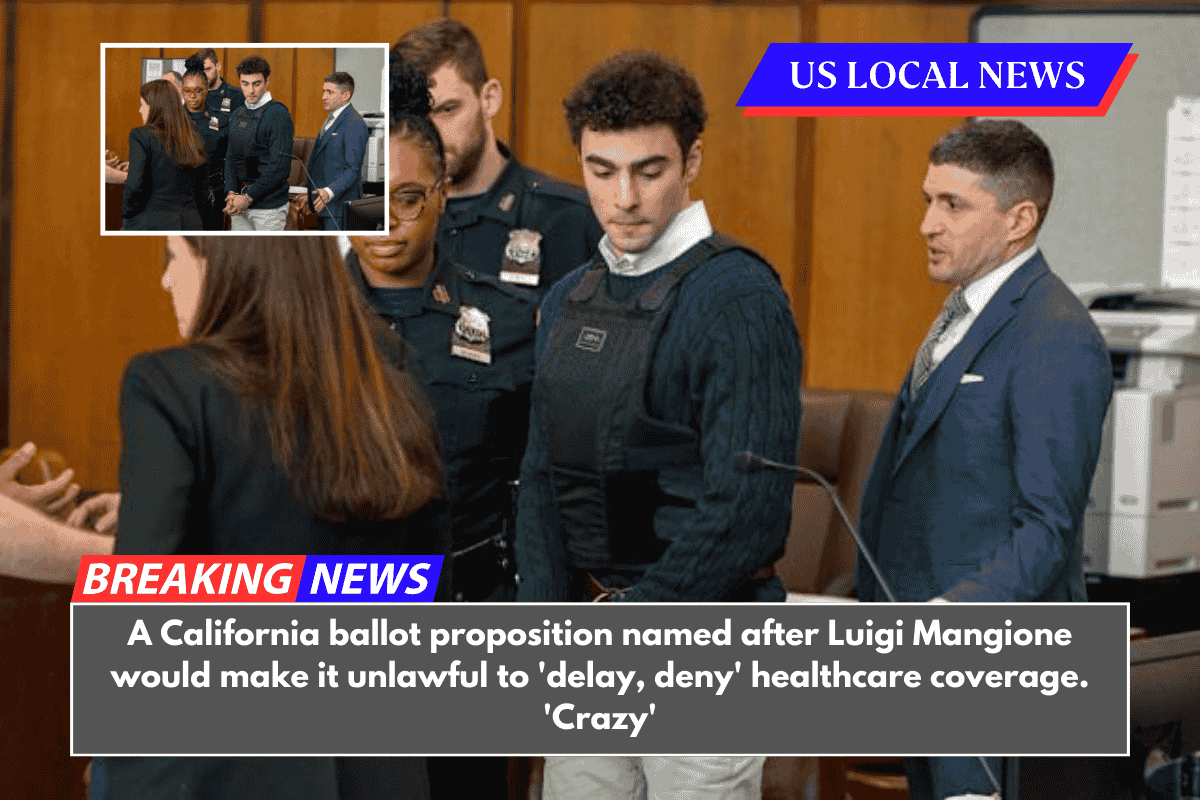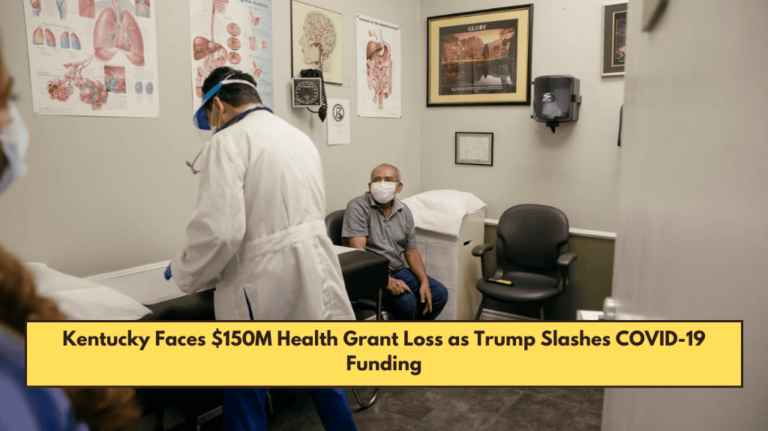The Central Park Five are urging a federal judge in Pennsylvania not to dismiss a defamation lawsuit they filed against Donald Trump over comments he made during the presidential debate earlier this year, claiming the remarks were the culmination of the president-elect’s three-decade “harassment campaign” against the falsely accused quintet.
In a court filing challenging Trump’s move to dismiss the action, attorneys for the plaintiffs stated that Trump’s attempts to “re-frame” his words as “opinion” and “hyperbolic political rhetoric” were ineffective.
The plaintiffs’ 38-page response on Thursday quickly highlighted that only days after they were arrested and falsely accused of committing a series of brutal assaults, Trump ran a full-page advertisement in five New York City newspapers calling for the then-juveniles to be executed.
“Defendant declared in this Ad that he ‘hate[s]’ Plaintiffs and ‘always will,’ he wants them to ‘suffer,’ and he is ‘looking to punish them,'” according to the document.
“In the years following, Defendant has launched a personal vendetta against Plaintiffs, spewing nasty and inaccurate information about them in newspapers, on television, on social media, and even from the White House lawn. This harassment campaign culminated at the September 10, 2024 presidential debate, when Defendant told an audience of over 67 million Americans that Plaintiffs ‘pled guilty’ to having ‘killed a person.'”
According to the complaint, Trump’s assertion that many of his statements were “substantially true” is also unconvincing, considering all of the plaintiffs pled not guilty in the case and none of the victims died as a result of the attacks perpetrated by another person. The plaintiffs also used Trump’s own remarks from a recent defamation filing against ABC News and George Stephanopoulos to refute his “substantial truth” argument.
Trump’s debate comments
The dispute occurred when Harris stated that Trump has “attempted to use race to divide the American people” throughout his life and career. One of the examples she gave was the full-page advertisement he ran in The New York Times and elsewhere in 1989 “calling for the execution of five young Black and Latino boys who were innocent — the Central Park Five.”
In reply to Harris, Trump stated: “they come up with things like what she just said going back many, many years when a lot of people including Mayor Bloomberg agreed with me on the Central Park Five.”
“They admitted, said, and pled guilty. And I answered, “Well, if they plead guilty, they seriously injured or killed someone,” he added. “And if they pled guilty — then they pled we’re not guilty.”
The complaint stated that these remarks were “demonstrably false.”
“Plaintiffs never pleaded guilty to a crime and were later absolved of all charges. Furthermore, the assault victims in Central Park were not killed, according to the lawsuit.
In his request to dismiss, Trump stated that his debate comments were “beyond dispute” on “matters of public concern,” notably crime, punishment, policing, and “face and politics in this country.”
Trump further claimed that his words did not constitute defamation because he was simply expressing his reasoning for taking out advertising, stating that it was “about crime and punishment.” The president-elect also claimed that his words could not be defamatory since they were “substantially true,” arguing that the distinction between formally pleading guilty to a crime in court and “admitting guilt” is only a technicality.
“Plaintiffs allege that President-elect Trump defamed them by stating that they had ‘pled’ guilty to the Central Park Assaults in 1989, when in fact, Plaintiffs had ‘admitted’ guilt in connection with the assaults,” the motion further alleges.
“In other words, Plaintiffs object to the technically improper use of the criminal code term ‘pled.’ However, claiming that Plaintiffs initially ‘pled’ guilty rather than ‘admitting’ guilt is exactly the type of technical mistake in the necessarily intricate environment of criminal procedure that ‘cannot be the basis of a defamation claim.'”
Thursday’s filing from the Central Park Five
Plaintiffs argued that Trump’s words were not opinions, claiming that “whether someone ‘pled guilty’ to having ‘killed someone’ is a factual statement that can be proven true or false.”
The brief also criticized Trump for arguing that his words were opinions because “a lot of people, including Mayor Bloomberg, agreed with me on the Central Park Five.” According to Donald Trump, “as a matter of practical language, people do not ‘agree’ with facts; they agree with opinions.”
“Defendant does not cite any cases for the startling proposition that a defamatory statement can be converted into non-actionable opinion simply by adding ‘a lot of people agree with me,’ and his position does not reflect Pennsylvania law,” according to the motion. “Defendant is not relieved from liability if other people believe his statements are true or he heard them from other people.”
Plaintiffs further disputed the idea that one can only agree to an opinion, stating that it is a “verifiable fact” that Neil Armstrong landed on the moon on July 21, 1969, while noting that some individuals still believe the moon landing never occurred.
Plaintiffs further contended that Trump’s contention that his comments were “substantially true” is a jury question that should not be addressed on a request to dismiss, thereby turning Trump’s own words against him.
In his recent lawsuit against George Stephanopoulos and ABC, Trump accused the anchor and network of defaming him after Stephanopoulos stated repeatedly on live that Trump had been judged “liable for rape.”
Plaintiffs claim that when ABC tried to dismiss the complaint, Trump responded with the following in his opposing brief:
“[ABC’s] attempt to dispel the concept that ‘rape’ has a significantly more serious connotation than’sexual assault’ is false and unsupported, and requires a fact-specific analysis that is not appropriately done at this point of the proceedings.
Defendants are asking this Court to evaluate the’stigma’ or ‘gist’ connected with Stephanopoulos’ words at the move to dismiss stage, which is incorrect. The Court cannot make this decision at this stage “[b]ecause the trier of fact must consider the context of the publication in determining whether the gist or sting associated with it differs from the actual truth.”




















